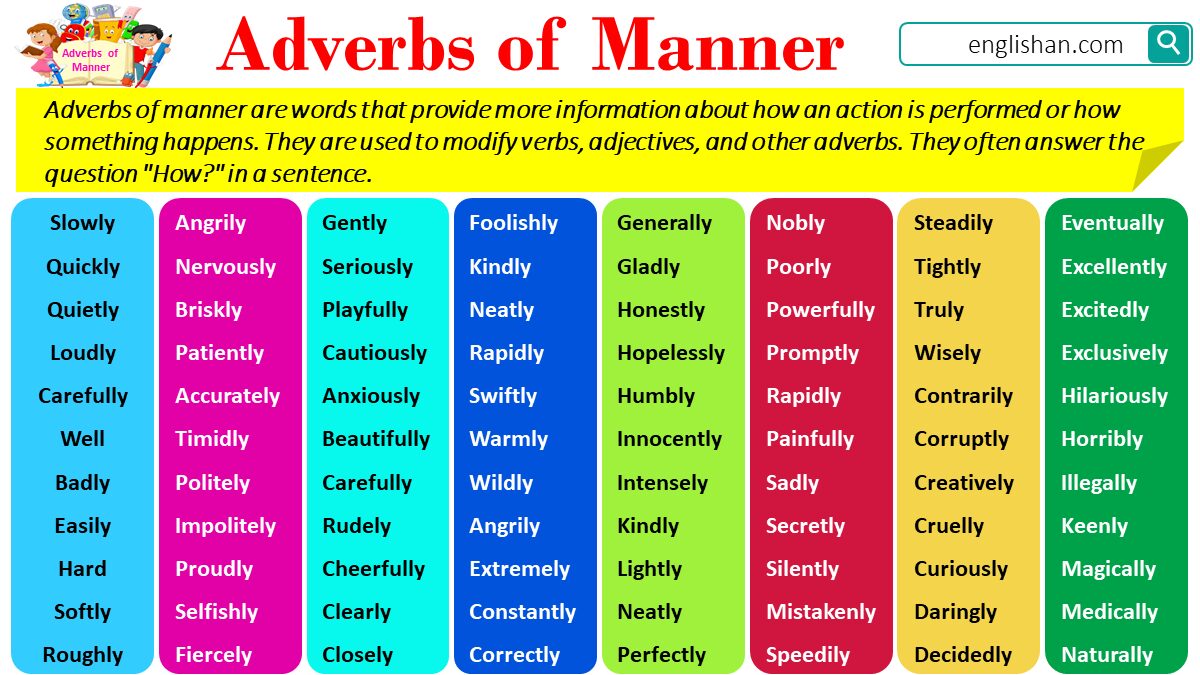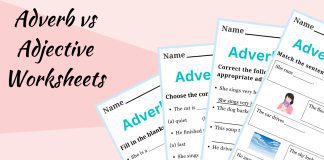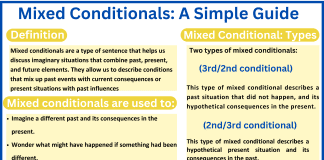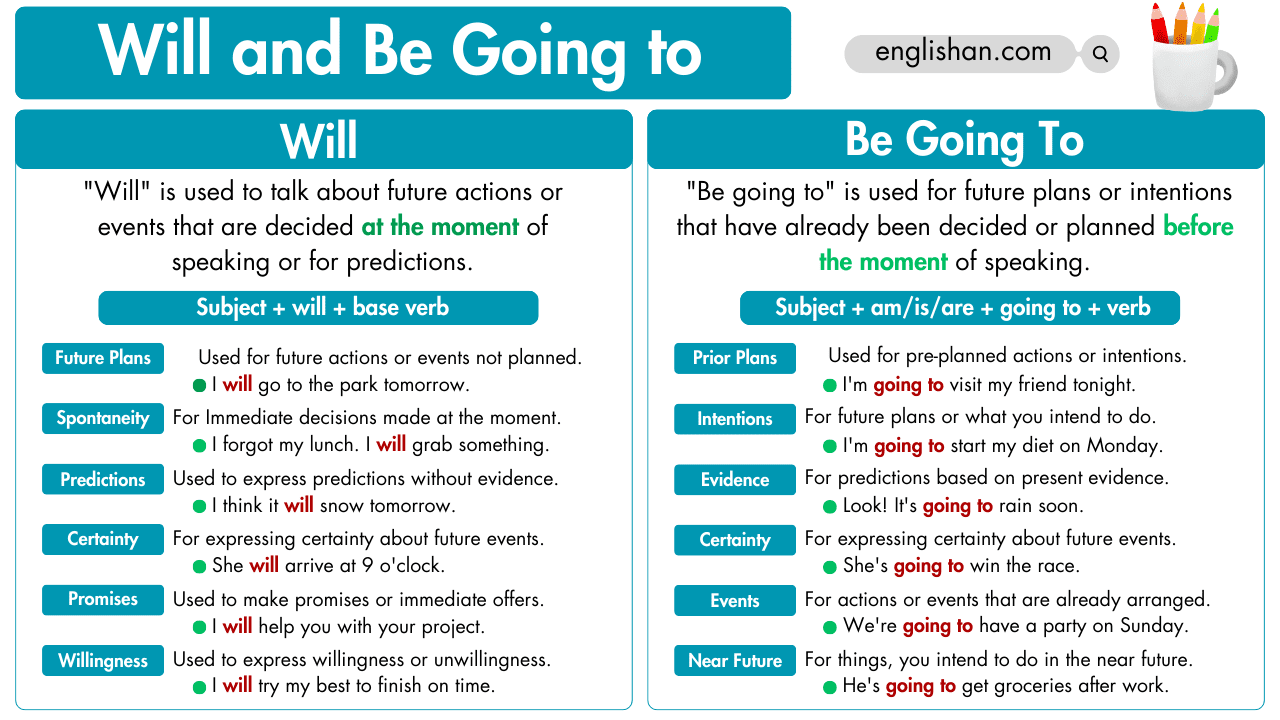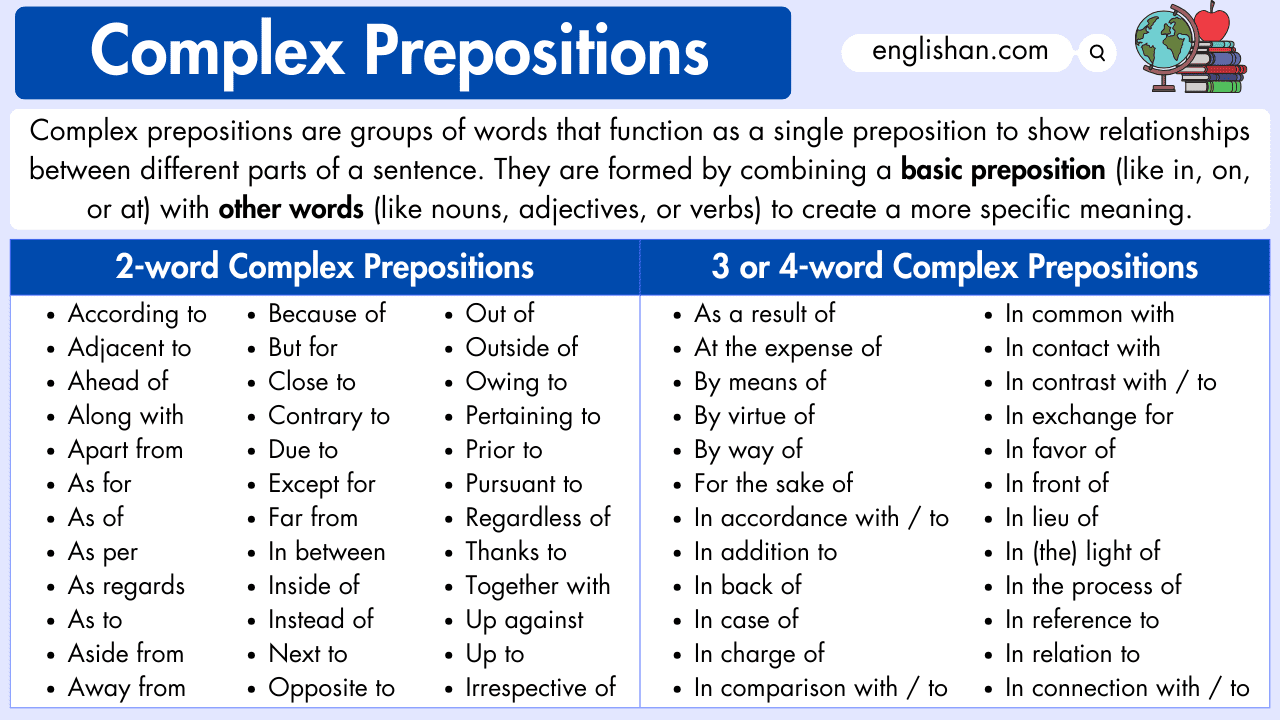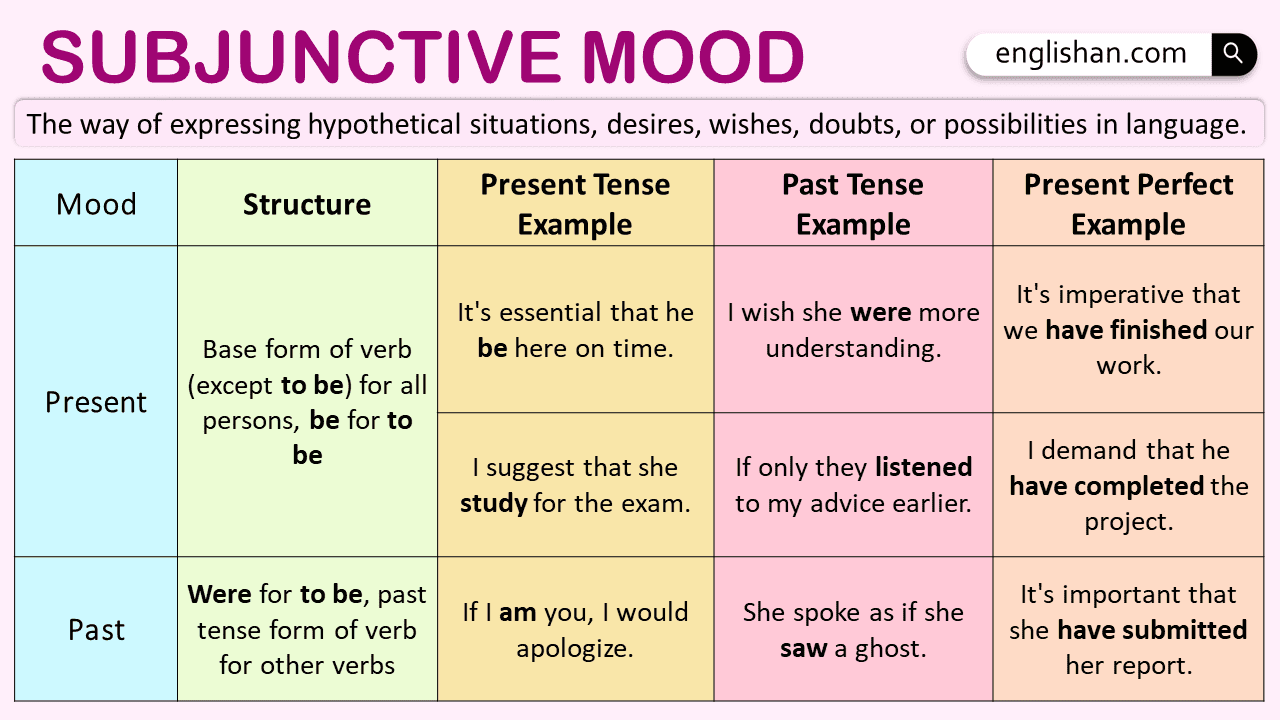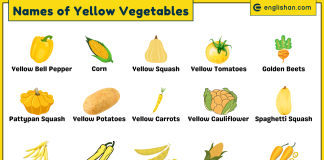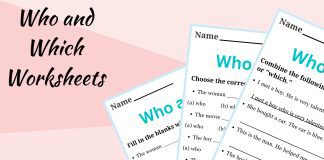Table of Contents
Adverbs are words that add extra details to verbs, adjectives, or other adverbs, giving us a clearer picture of how actions are performed. And when it comes to adverbs of manner, they specifically describe how an action is being done or how a person feels while doing it. Adverbs of manner are used to modify verbs, adjectives, and other adverbs. They can make your writing more interesting and provide a clearer picture of how something is being done. In this article, we will explore what adverbs of manner are, how they are used in sentences, and provide examples to help you better understand their function and use. So, let’s get started!
What are adverbs of manner?
Adverbs of manner are words that provide more information about how an action is performed or how something happens. They often answer the question “How?” in a sentence. They add detail to verbs, adjectives, and other adverbs, helping to paint a clearer picture of the action or situation being described.
For example:
- She smiled warmly.
In this sentence, “warmly” is the adverb of manner. It tells us how she smiled—adding the detail that her smile was friendly and comforting.
- He ran quickly to catch the bus.
“Quickly” is the adverb of manner here. It provides information about the speed of his running, indicating that he was in a hurry to catch the bus.
- They sang beautifully on stage.
Here, “beautifully” acts as the adverb of manner. It informs us about how they sang, suggesting that their performance was aesthetically pleasing and skillful.
How to use adverbs of manner?
Using adverbs of manner can greatly enhance your writing by providing vivid descriptions of how actions are performed. Here are some tips on how to use them effectively:
- Use adverbs of manner to describe how actions happen.
- They often end in “-ly,” like “quickly” or “softly.”
- Place them after verbs or objects: “She spoke loudly.”
- Add them at the start for emphasis: “Quickly, he ran.”
- Use adverbs to show intensity: “very,” “extremely,” etc.
- Some have irregular forms like “well” and “badly.”
- Compare with “more” or “most” for degrees.
- Ask questions about how things are done: “How did she sing?”
- Avoid repetition by using adverbs: “He walked slowly and carefully.”
- They can join clauses with conjunctions: “While singing softly.”
Formation of adverbs of manner:
Adverbs of manner are usually formed by adding the suffix “-ly” to an adjective. For example:
Quick (adjective) → Quickly (adverb)
Careful (adjective) → Carefully (adverb)
Gentle (adjective) → Gently (adverb)
Not all adverbs of manner are formed by adding “ -ly” to an adjective. Some adverbs have irregular forms that don’t follow this pattern. For example:
Good (adjective) → Well (adverb)
Fast (adjective) → Fast (adverb)
Hard (adjective) → Hard (adverb)
Placement in a sentence
They are generally placed after the verb they modify. If the verb has a direct object, the adverb usually comes after the object. They can also be placed at the beginning or end of a sentence for emphasis:
- She ran to the store quickly. (after the verb)
- She smiled warmly at him. (after the object)
- She painted the wall carefully. (after the object)
- Quickly, he finished his homework. (at the beginning)
- They waited patiently for the results. (at the end)
Comparatives and Superlatives
Adverbs of manner can also be used to compare the intensity or manner of different actions. The comparative form adds “-er” or uses “more,” while the superlative form adds “-est” or uses “most”:
- She sings more beautifully than anyone else. (Comparative)
- She types the fastest in the office. (Superlative)
- He runs more quickly than his friend. (Comparative)
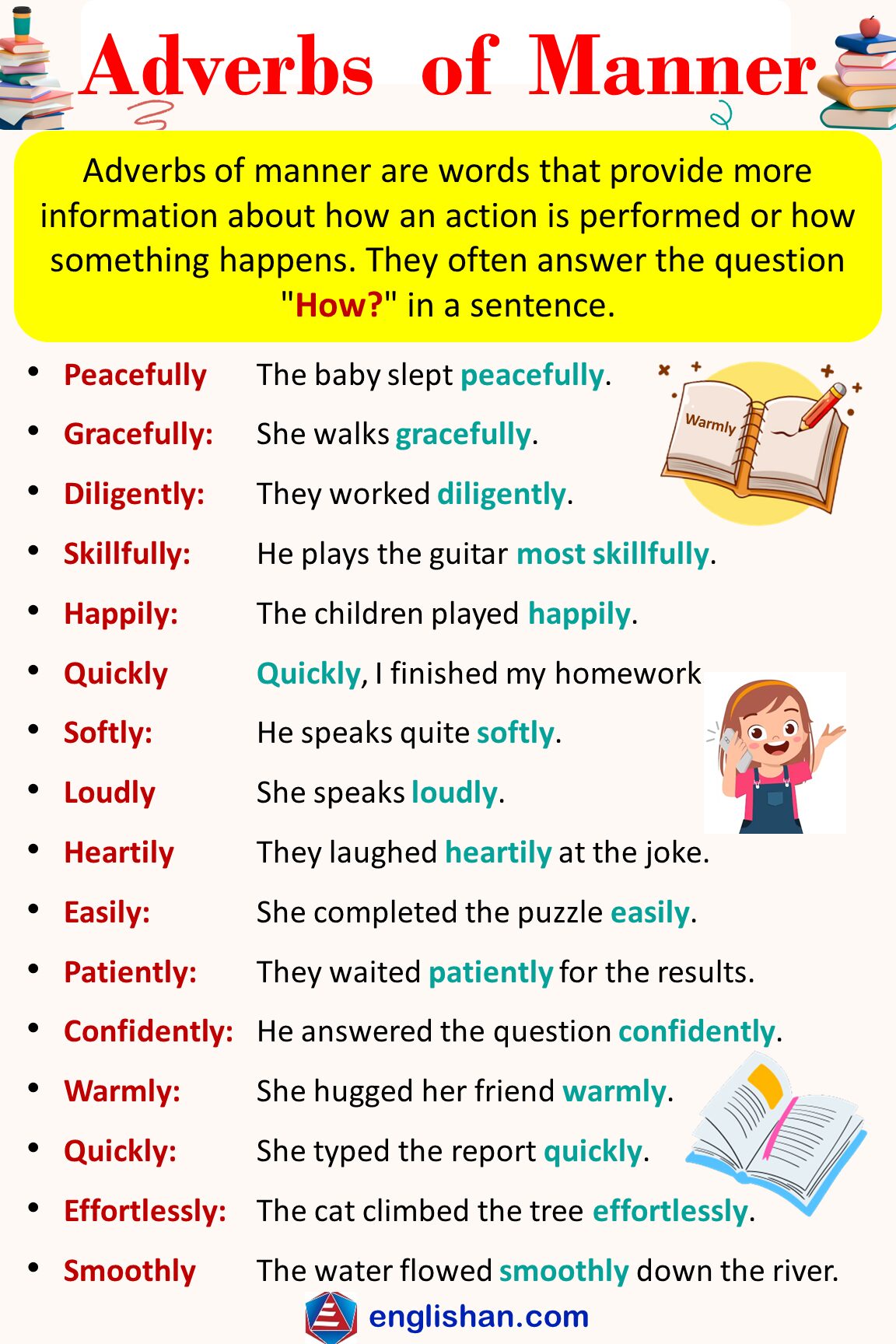
Example sentences
- She speaks loudly.
- She walks gracefully.
- He plays the guitar most skillfully.
- They worked diligently.
- The children played happily.
- He speaks quite softly.
- Quickly, I finished my homework.
- He drives quite recklessly.
- She completed the puzzle easily.
- They waited patiently for the results.
- They laughed heartily at the joke.
- He ate the cake greedily.
- The movie was extremely
- She was incredibly
- The baby slept peacefully.
- He answered the question confidently.
- She hugged her friend warmly.
- The water flowed smoothly down the river.
- She typed the report quickly.
- The cat climbed the tree effortlessly.
List of Adverbs of Manner
- Slowly
- Quickly
- Quietly
- Loudly
- Carefully
- Carelessly
- Well
- Badly
- Easily
- Hard
- Softly
- Roughly
- Smoothly
- Gracefully
- Happily
- Sadly
- Fast
- Angrily
- Calmly
- Nervously
- Briskly
- Patiently
- Impatiently
- Accurately
- Inaccurately
- Confidently
- Timidly
- Politely
- Impolitely
- Proudly
- Modestly
- Generously
- Selfishly
- Fiercely
- Gently
- Seriously
- Playfully
- Carefreeness
- Cautiously
- Reluctantly
- Deliberately
- Anxiously
- Beautifully
- Carefully
- Cheerfully
- Clearly
- Closely
- Fiercely
- Foolishly
- Kindly
- Neatly
- Rapidly
- Slowly
- Swiftly
- Thoughtfully
- Warmly
- Wildly
- Absentmindedly
- Accidentally
- Actively
- Almost
- Always
- Angrily
- Awkwardly
- Constantly
- Correctly
- Enthusiastically
- Generally
- Gladly
- Honestly
- Hopelessly
- Humbly
- Innocently
- Intensely
- Kindly
- Lightly
- Loudly
- Madly
- Mysteriously
- Neatly
- Nervously
- Nobly
- Patiently
- Perfectly
- Politely
- Poorly
- Powerfully
- Promptly
- Quietly
- Rapidly
- Reluctantly
- Rudely
- Sadly
- Secretly
- Silently
- Speedily
- Steadily
- Surprisingly
- Tightly
- Truly
- Unexpectedly
- Usually
- Wisely
MCQs
Q1. An adverb of manner answers the question:
- Who?
- What?
- When?
- How?
Q2. Identify the adverb of manner in the sentence: “He spoke __________.”
- Loudly
- Yesterday
- Quickly
- Often
Q3. Which of the following is NOT an adverb of manner?
- Gently
- Rarely
- Beautifully
- Angrily
Q4. In the sentence “She smiled __________,” the adverb of manner is:
- happily
- suddenly
- usually
- soon
Q5. She sings __________.
- good
- beautifully
- nice
- quickly
Q6. He finished the puzzle ___________.
- easy
- easiest
- easiness
- easily
Q7. Choose the sentence with an adverb of manner:
- He rarely goes to the gym.
- She lives nearby.
- They left the party early.
- He walks slowly.
Q8. The dog barked ___________.
- loud
- loudness
- loudly
- loud fully
Q9. She speaks English ____________.
- good
- goodly
- well
- goodliness
Q10. An adverb of manner describes:
- Where an action takes place
- Why an action is performed
- How an action is performed
- When an action occurs
Answers
- d) How?
- a) loudly
- b) rarely
- a) happily
- b) beautifully
- d) easily
- d) He walks slowly.
- c) loudly
- c) well
- c) How an action is performed
FAQs
Q1: What are adverbs of manner?
Adverbs of manner are a type of adverb that describes how an action is performed or the manner in which something happens. They provide more information about the verb in a sentence. They answer the question “How?”
- Example: She sang beautifully.
Q2: Where are adverbs of manner usually placed in a sentence?
They are generally placed after the verb they modify. For example: “She sings beautifully.” However, they can also be positioned at the beginning or end of a sentence for emphasis.
Q3: Can adverbs of manner be used with adjectives?
Yes, They can also modify adjectives. For example, “The cake tastes deliciously sweet.”
Q4: What are some examples of adverbs of manner?
Here are some examples: beautifully, quickly, softly, gracefully, loudly, carefully, gently, happily, and nervously, etc.
Q5: What’s the difference between adverbs of manner and adjectives?
Adverbs of manner describe how an action is performed, while adjectives describe the attributes of nouns. For example, in “He drives carefully,” “carefully” is an adverb of manner; in “He has a careful driving style,” “careful” is an adjective.
Q6: How does an adverb of manner differ from an adverb of frequency?
An adverb of manner describes the way an action is done, while an adverb of frequency indicates how often an action occurs. For instance, in “He speaks loudly” (manner), and “He always speaks loudly” (frequency), “loudly” is the adverb of manner, and “always” is the adverb of frequency.
You May Also Like
- Causative Verbs in English
- Adverbs of Time in English
- Adverbial Phrase in English
- Adverbs of Frequency Worksheets
